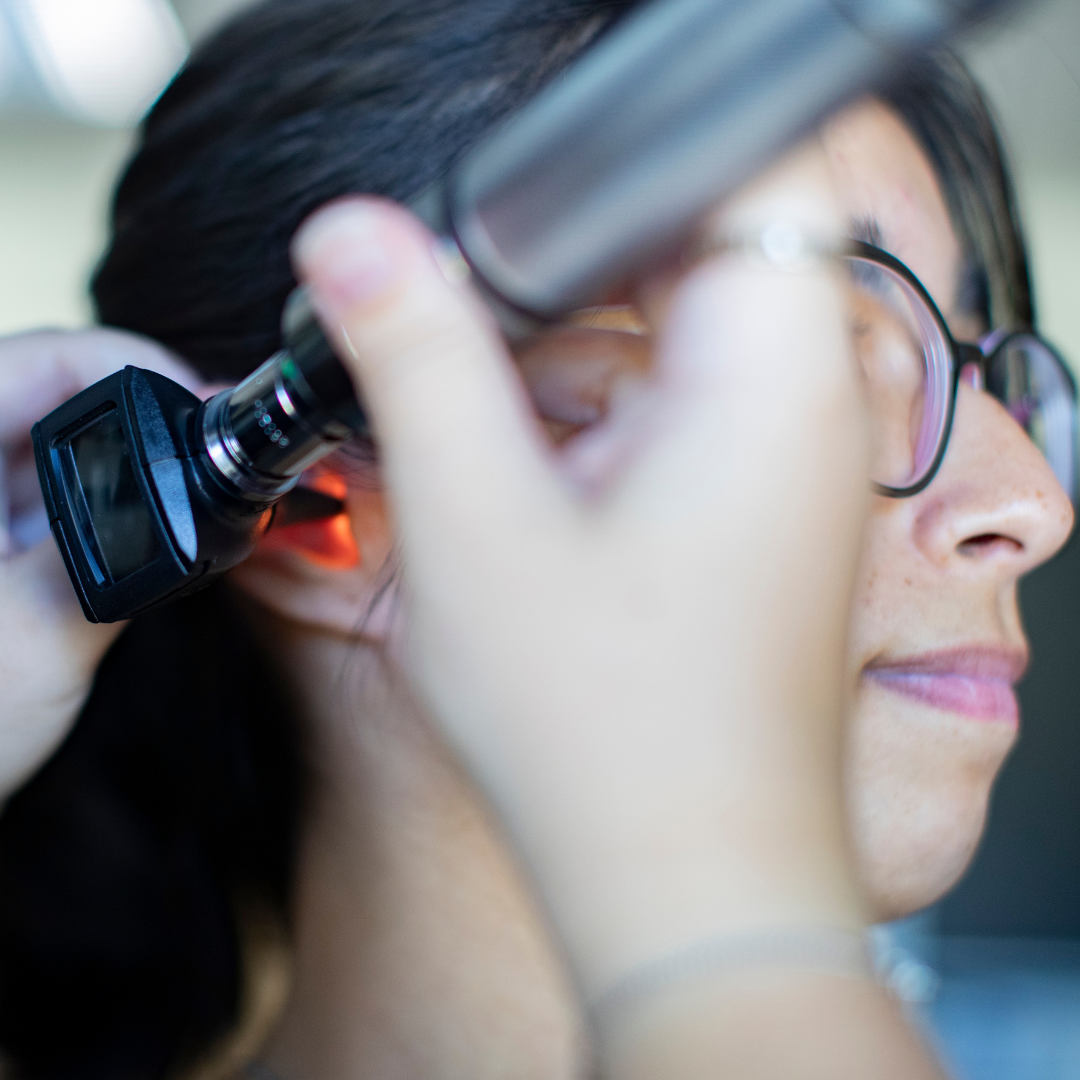How Do I Know if I Have Hearing Loss?
According to the National Institute on Deafness and Other Communication Disorders (NIDCD), roughly 15% of Americans over the age of 18 report some trouble hearing. Are you one of them?
Signs you may have hearing loss:
- You often have to ask people to repeat themselves
- People sound like they’re mumbling when they talk to you
- You have a hard time understanding people in a crowded restaurant or room (Hearing loss may be more pronounced in situations with increased background noise)
- You need to listen to the TV at a volume higher than what others are comfortable with
- Hearing a ringing or buzzing noise in your ears (tinnitus)
- You have difficulty hearing voices and sounds that are very low or high pitched
 Hearing loss can be caused by a variety of factors, including occupational causes (like dangerous sound levels or chemicals in the workplace), infections, diabetes, smoking, continued exposure to loud noise, and a variety of other medical issues. It is especially common for people to experience hearing loss as they age.
Hearing loss can be caused by a variety of factors, including occupational causes (like dangerous sound levels or chemicals in the workplace), infections, diabetes, smoking, continued exposure to loud noise, and a variety of other medical issues. It is especially common for people to experience hearing loss as they age.
The World Health Organization identifies several impacts of untreated hearing loss, including negative effects on communication and speech, cognition, education/employment, and social relationships. It’s important to consult an audiologist if you think you may have hearing loss, in order to determine the severity of loss, rule out any deeper medical issues, and create a treatment plan that best suits the individual.
In addition to seeing a professional there are a few other measures that can help those who have difficulty hearing:
- Let others know that you have a hearing problem, and any ways they may be able to assist with communication.
- Ask people to face you while speaking, and to speak slowly and clearly.
- Let people know when you have not understood something they said. Ask them to repeat themselves if needed.
- Move to quieter places with less background noise when having conversations.
There are a variety of treatments available for hearing loss of all severities, including hearing technology (hearing aids, cochlear implants, middle ear implants, etc.), speech-language therapy to enhance communication skills, counseling, and other assistive technologies.
As always, visiting an audiologist is the best first step for hearing loss treatment. Most hearing loss can greatly benefit from hearing technology or adaptive measures. Consult an audiologist to discuss your needs.
If you suspect some degree of hearing loss, contact the Pennsylvania Ear Institute (PEI). Our expert audiologists will assess your hearing and make recommendations on how to address your hearing needs. For more information on PEI’s services or to make an appointment, call 215.780.3180.